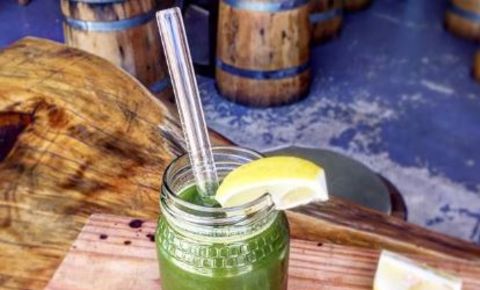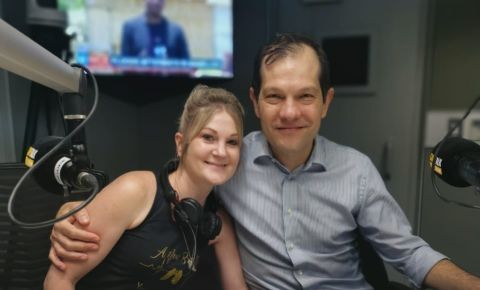
Clinical psychologist Ruth Ancer says it’s parents who need to rethink their tendency to label food as good or bad.
If it’s often a battle for adults to eat healthily, how much more difficult to get kids to eat their greens, right?
Clinical psychologist Ruth Ancer says it’s vital to remember that parents model what will be formative attitudes towards food and eating. It’s the old adage: Children don’t do what we say, they do what we do.
RELATED: Kids’ health habits can be improved in a week, study reveals
The way we as parents talk about food, the way we cook meals and the way we eat – those things are the most important ways in which we influence early eating habits of our children and attitudes.
Ruth Ancer, Clinical psychologist
To this end, she says, parents should re-evaluate the way they look at food and drop the good/bad labels.
Food is food and when we start labelling it as good and bad like ‘Oh, I’ve been bad, I ate a chocolate’, then we start developing unhealthy ways of looking at food.
Ruth Ancer, Clinical psychologist
She says the best approach is to give children age-appropriate information about why certain kinds of food will for example give them the strength they need or make their bodies work better.
Another common habit to guard against is the restriction of certain foods, because it can backfire.
Studies have shown us over and over again that when you try and be too controlling, what you’re actually doing is what often happens – as soon as you’re not there the food becomes much more desirable and children will eat that kind of food excessively because they feel that it’s forbidden and that they’ve got to get it in before you see them.
Ruth Ancer, Clinical psychologist
It’s important that we don’t make children feel bad because also, we don’t want them eating in secret.
Ruth Ancer, Clinical psychologist
Ancer says the attitude to transfer to kids is that all food is ok, but in moderation.
(Tell them) If your body wants to feel strong and healthy, then these are the kinds of foods you should eat more of.
Ruth Ancer, Clinical psychologist
For more practical advice, take a listen:
More from Lifestyle





Why you should take your boredom more seriously
11 December 2019 5:22 PM
Your boredom is very insightful. Writer Anna Hartford shares her thoughts on why we should be more invested in understanding it.
Share this:




